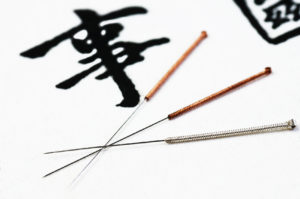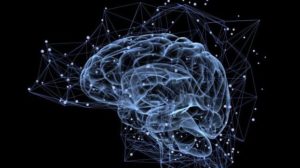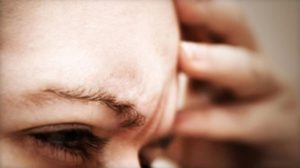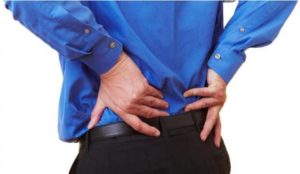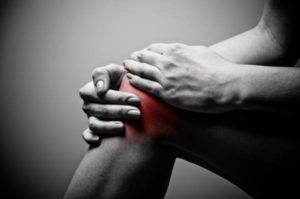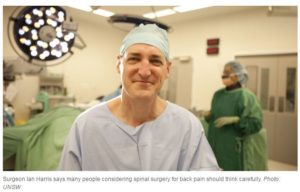In a report published in the National Institute for Health Research (NIHR) Journals Library, the researchers showed that there is significant evidence to demonstrate that acupuncture provides more than a placebo effect.
Professor of Acupuncture Research, Hugh MacPherson, working with a team of scientists from the UK and US, brought together the results of 29 high quality clinical trials focused on patients treated with acupuncture and standard medical care.
In the majority of these trials, patients with chronic pain treated with acupuncture and standard medical care were tested against those who were provided with standard medical care alone, such as anti-inflammatory drugs and physiotherapy. The trials involved approximately 18,000 patients diagnosed with chronic pain of the neck, lower back, head, and knee.
The report shows that the addition of acupuncture compared to standard medical care alone significantly reduced the number of headaches and migraine attacks and reduced the severity of neck and lower back pain. It also showed that acupuncture reduced the pain and disability of osteoarthritis, which led to patients being less reliant on anti-inflammatory tablets to control pain.
Read the full article here.


